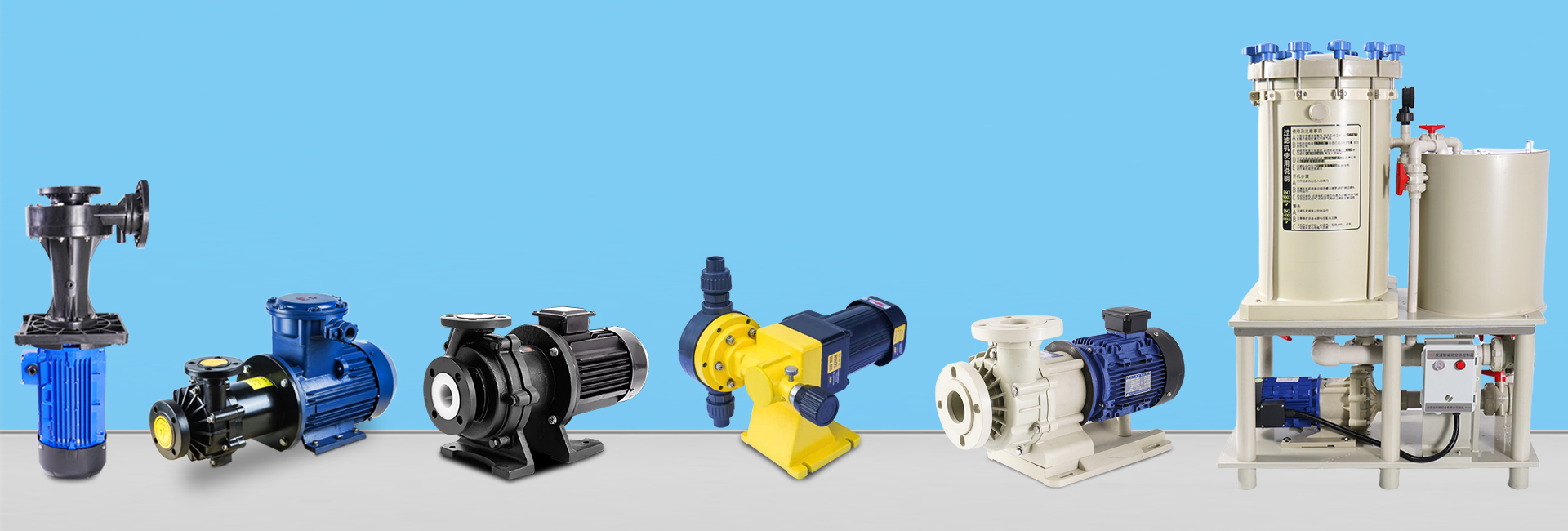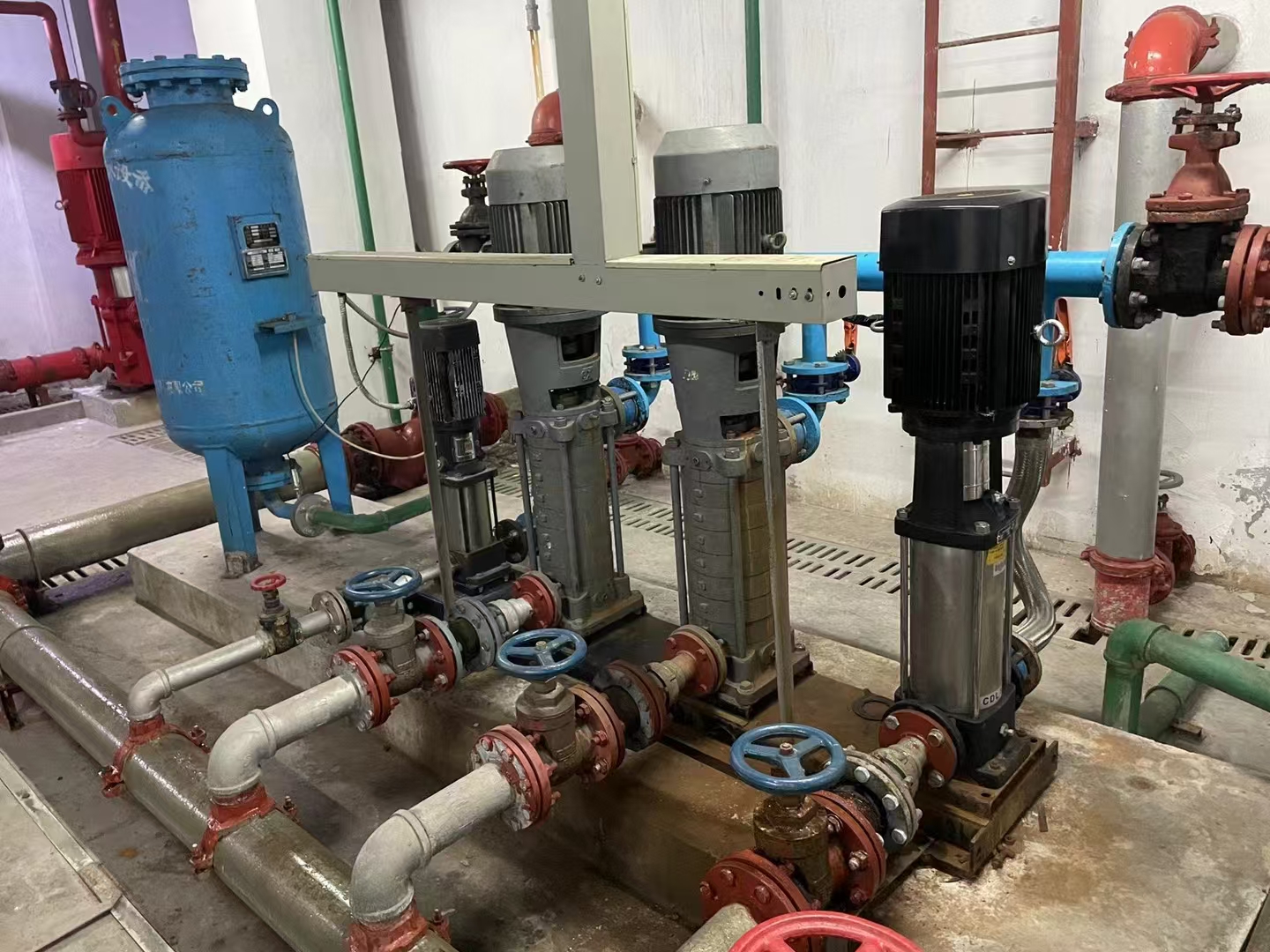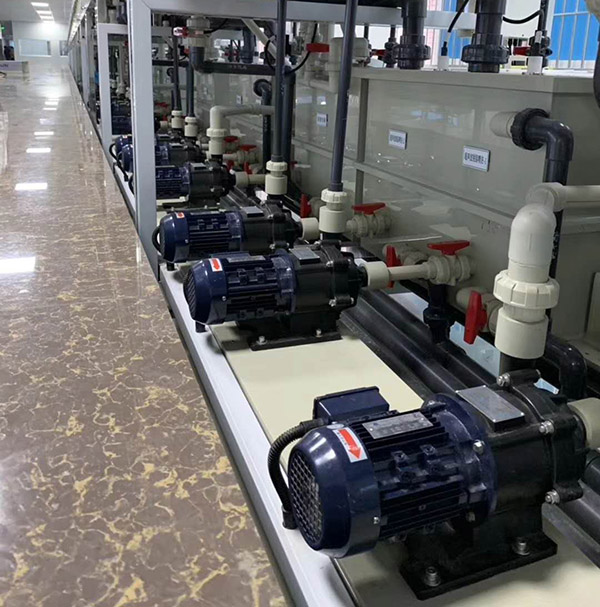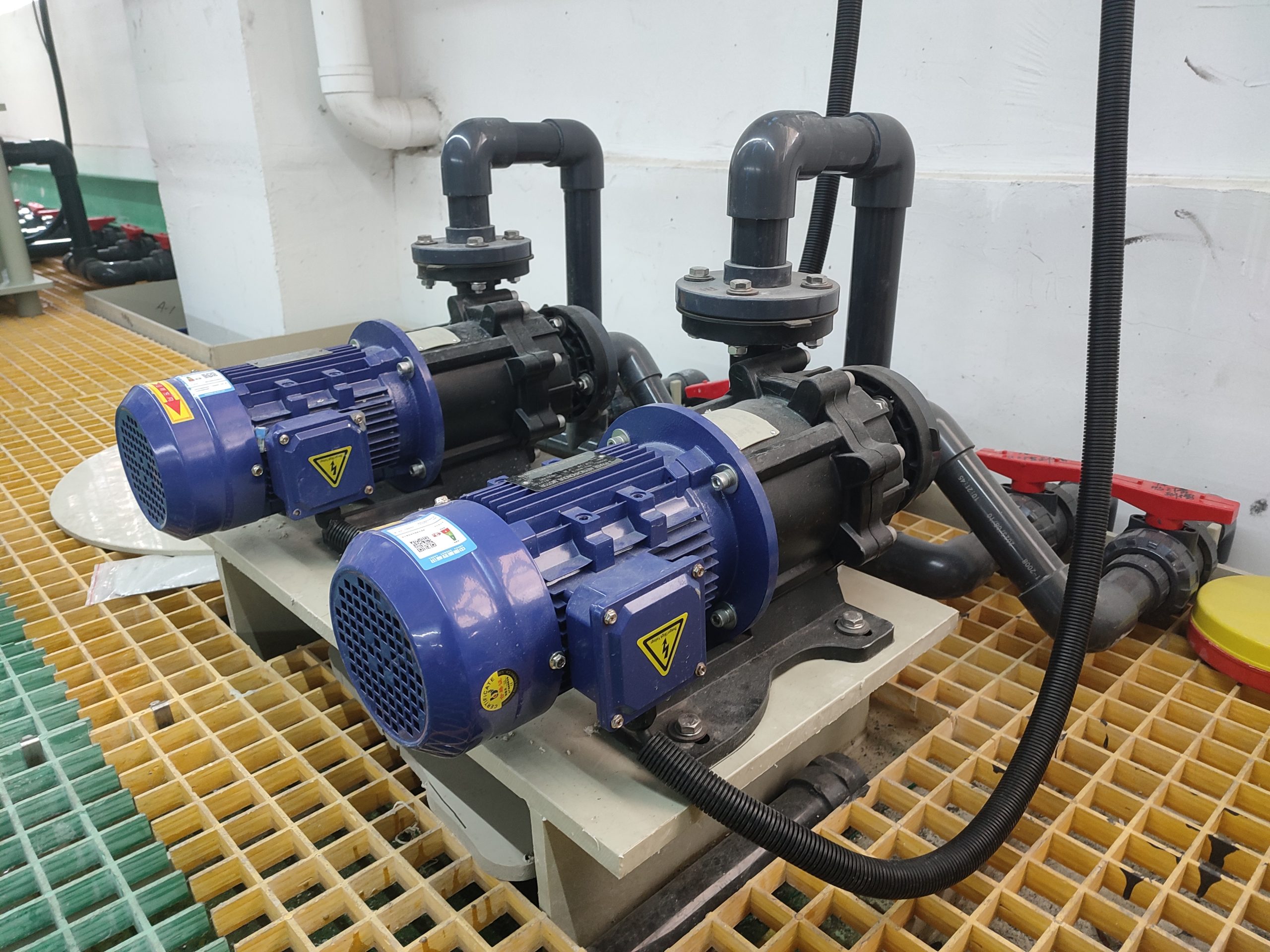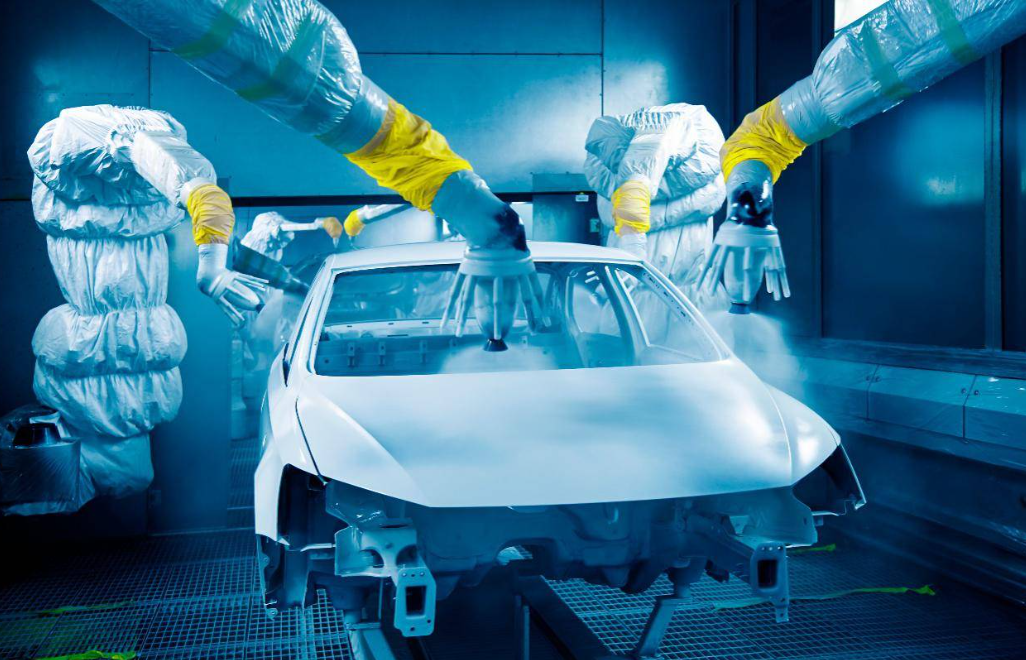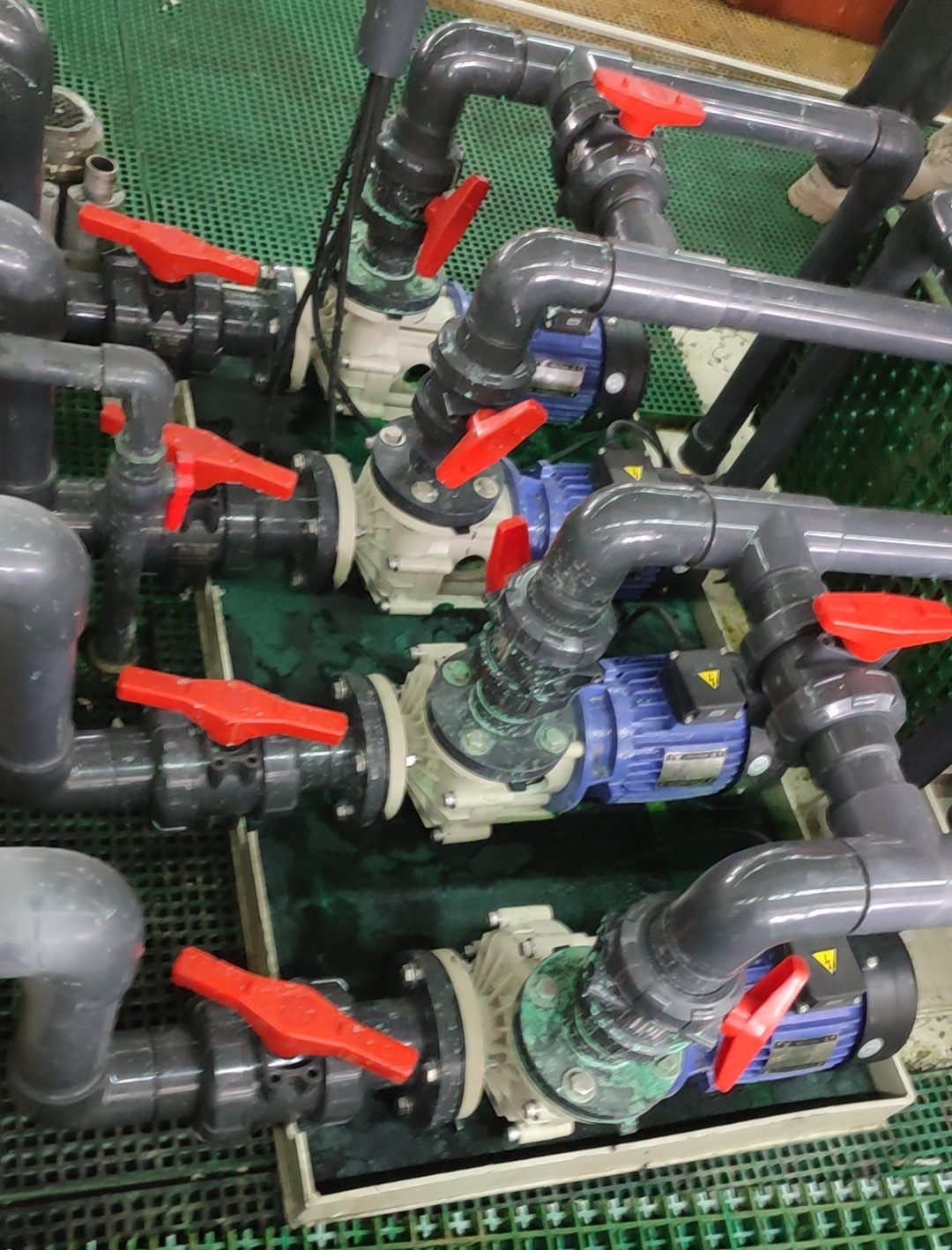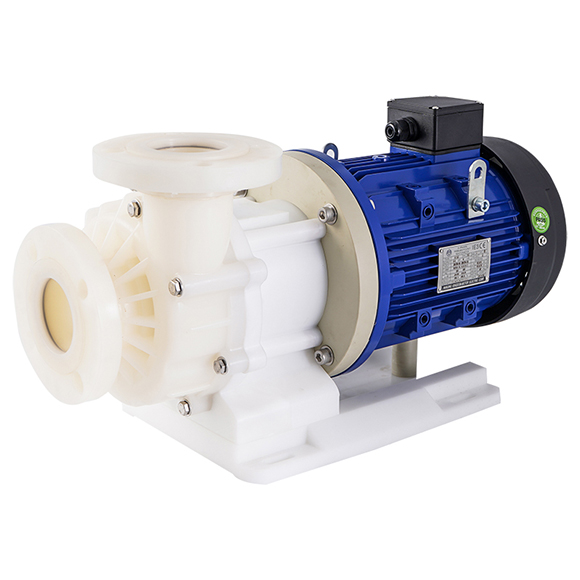Magnetic drive pumps and mechanical seal pumps are two of the most commonly used fluid transfer devices in industrial and chemical applications. They differ greatly in working principle, sealing method, maintenance requirements, and suitable operating conditions. Below is a comprehensive comparison between the two.
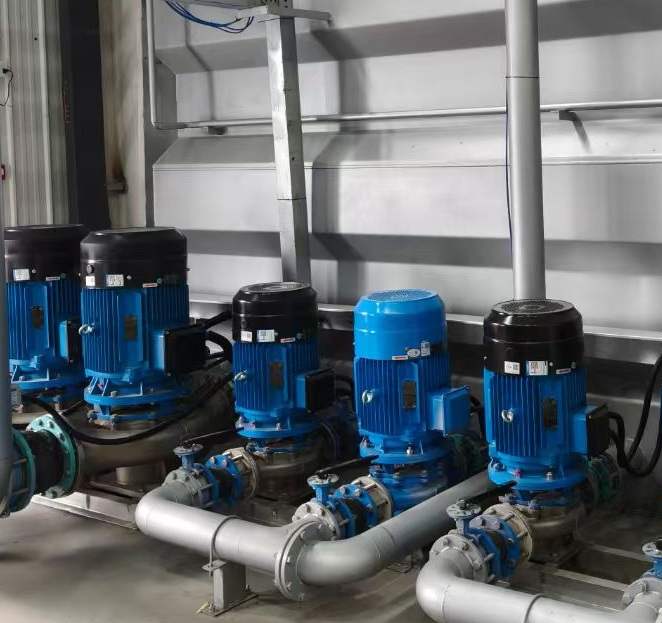
1. Working Principle
| Item | Magnetic Drive Pump | Mechanical Seal Pump |
|---|---|---|
| Drive Method | Uses magnetic coupling to transmit power without direct contact | Driven directly by the motor shaft |
| Sealing Type | Static seal, no dynamic seal required | Sealing achieved by contact between rotating and stationary rings |
| Structure | Fully enclosed pump chamber with isolation sleeve | Shaft seal present, potential leakage risk |
2. Advantages
✅ Advantages of Magnetic Drive Pump
Zero Leakage: No mechanical seal; the pumped fluid is completely enclosed, ideal for toxic, hazardous, or flammable liquids.
Low Maintenance: No frictional seal parts, reducing routine maintenance costs.
Excellent Corrosion Resistance: Commonly made with fluoroplastics or stainless steel for strong chemical resistance.
Quiet and Stable Operation: Magnetic coupling minimizes vibration and noise.
Long Service Life: With proper operation, magnetic coupling and isolation sleeves last for years.
✅ Advantages of Mechanical Seal Pump
Higher Efficiency: No magnetic transmission loss, offering slightly better energy efficiency.
Wide Application Range: Suitable for high temperature, high pressure, and large flow conditions.
Lower Initial Cost: Simpler structure and more economical for general use.
Easy Maintenance: Familiar design with widely available spare parts.
3. Disadvantages
❌ Disadvantages of Magnetic Drive Pump
Cannot Run Dry: Lack of liquid cooling can overheat and damage the isolation sleeve.
Slight Energy Loss: Magnetic coupling causes minor efficiency reduction.
Higher Initial Cost: Magnetic materials and isolation components are expensive.
Not Suitable for Solid Particles: Solids may cause bearing wear or seizing.
❌ Disadvantages of Mechanical Seal Pump
Leakage Risk: Seal wear over time leads to potential leakage.
Frequent Maintenance: Seals must be inspected and replaced periodically.
Poor Corrosion Resistance: Aggressive chemicals can damage sealing faces.
Higher Noise and Vibration: Mechanical friction and shaft movement increase operating noise.
4. Recommended Applications
| Application Scenario | Recommended Type | Reason |
|---|---|---|
| Highly Corrosive Fluids (Acids, Alkalis) | Magnetic Drive Pump | Excellent corrosion resistance and leak-free design |
| Flammable or Toxic Liquids (Solvents, Methanol, etc.) | Magnetic Drive Pump | No shaft seal, enhanced safety |
| Clean Water or Low-Corrosion Fluids | Mechanical Seal Pump | Cost-effective and efficient |
| High Temperature or High Pressure Systems | Mechanical Seal Pump | Strong mechanical integrity |
| Environmental Protection or Leak-Free Systems | Magnetic Drive Pump | Ideal for zero-leakage operation |
5. Summary Comparison
| Parameter | Magnetic Drive Pump | Mechanical Seal Pump |
|---|---|---|
| Sealing Performance | ★★★★★ | ★★★ |
| Maintenance Frequency | ★★ | ★★★★ |
| Initial Cost | ★★★ | ★★ |
| Long-Term Operating Cost | ★★ | ★★★★ |
| Safety | ★★★★★ | ★★★ |
| Efficiency | ★★★★ | ★★★★★ |
| Suitable Fluids | Corrosive, toxic, hazardous | Clean, non-corrosive, general-purpose |
6. Conclusion
In summary:
Magnetic drive pumps are ideal for applications where leak-free operation, chemical resistance, and safety are top priorities—such as in chemical, pharmaceutical, and environmental industries.
Mechanical seal pumps are more suitable for high-pressure, high-temperature, or general industrial systems where efficiency and cost-effectiveness matter most.
When selecting between the two, engineers should consider fluid properties, operating temperature, pressure, flow rate, and safety requirements to determine the most suitable pump type.

